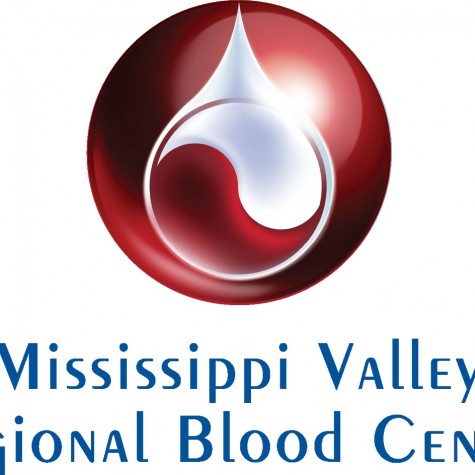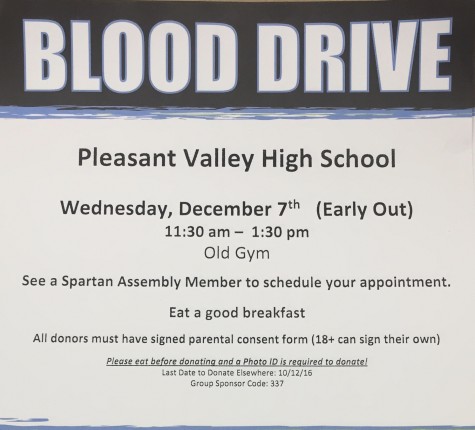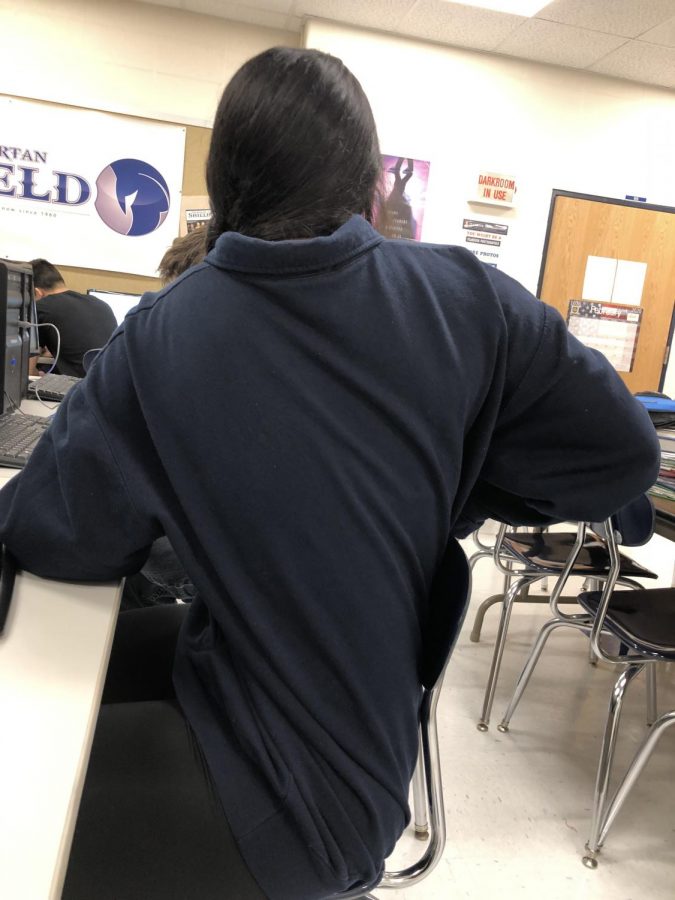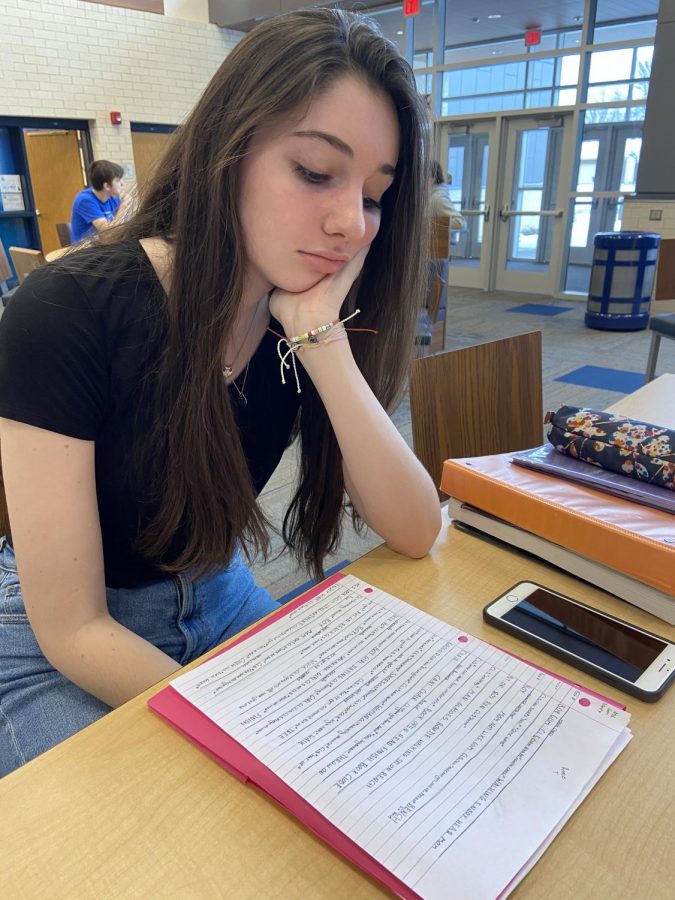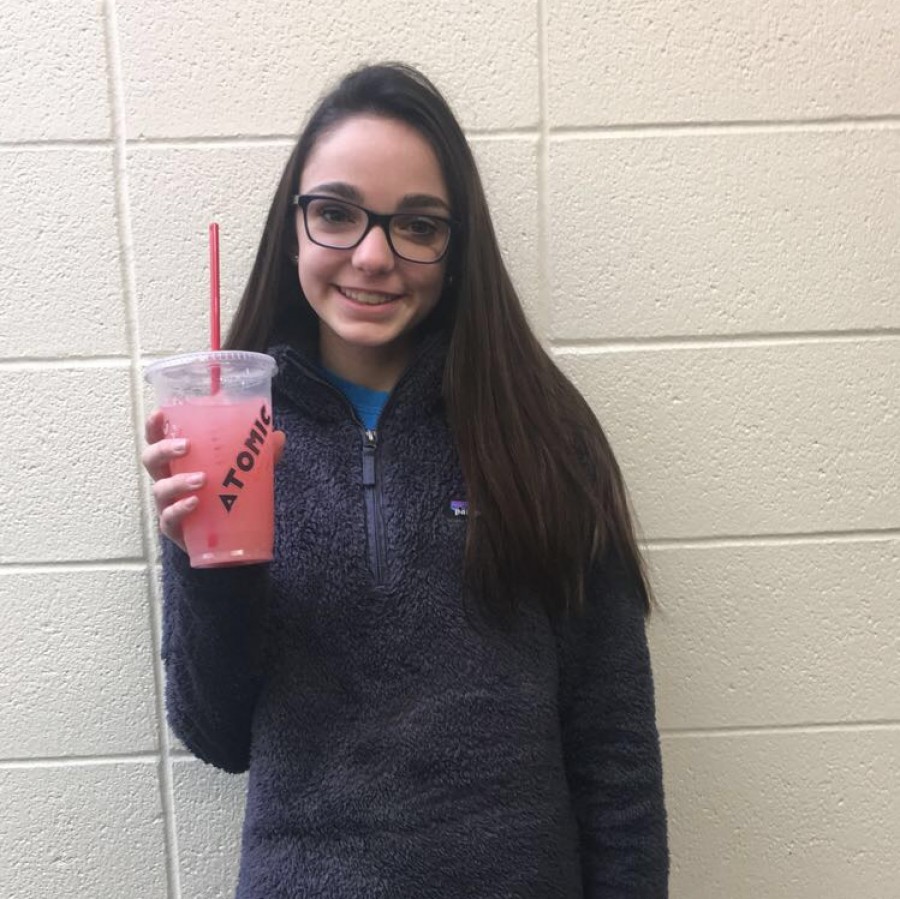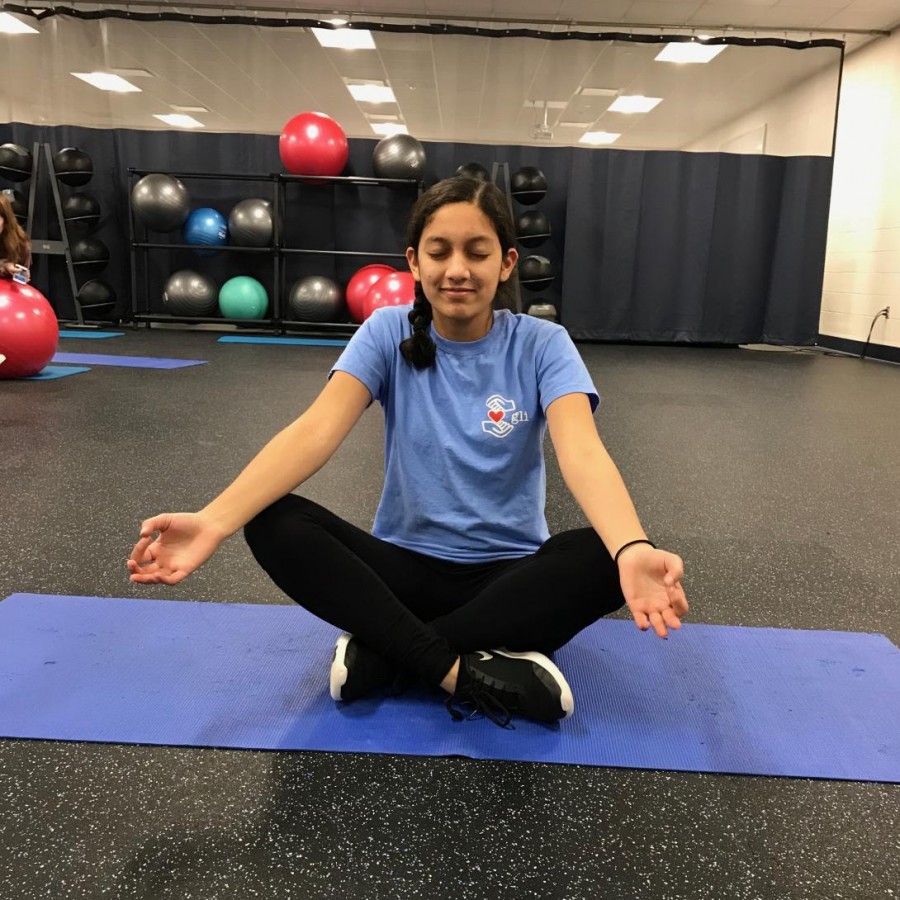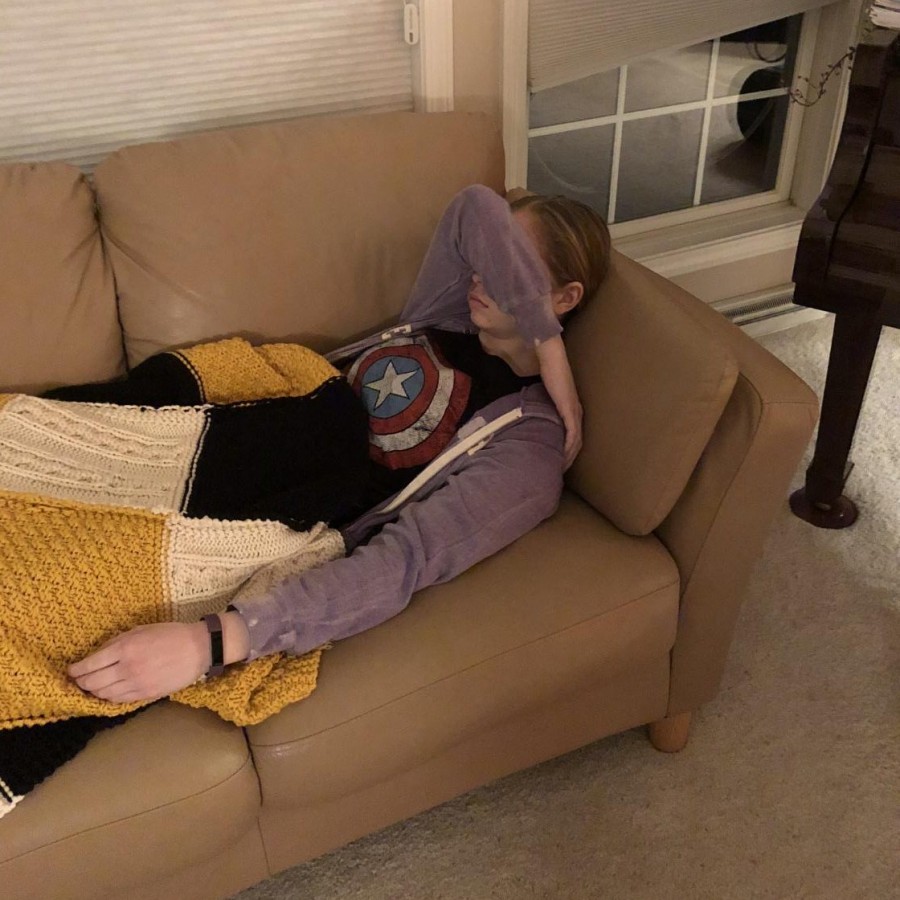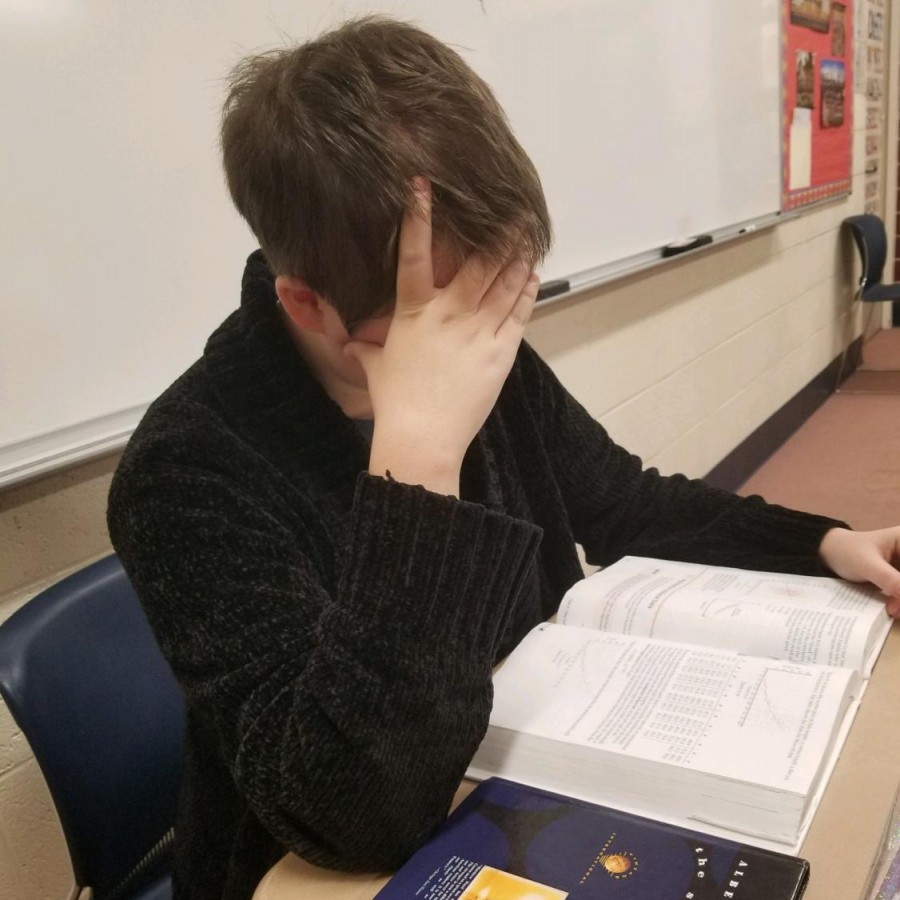From hunting down terrorists across the globe to filming high speed action shots, drones have revolutionized transport, surveillance, cinematography and more. These flying machines usually require little human intervention and can be controlled with something as small as a smartphone. Drones are especially useful since they require no roads and can access remote, inaccessible locations. One California-based company has used this advantage to save lives in Rwanda.
Zipline, a US drone delivery service, has been delivering blood and vaccines to hospitals around Rwanda using their fast-flying drones. These drones fly at speeds up to 80 miles per hour and can cover distances of 100 miles. Rwanda’s terrain and rainy season makes transportation difficult. On top of this, the infrastructure of Rwanda does not provide safe passage for the delivery of essential medications and supplies. To combat this, Zipline says their mission is to, “improve access to these supplies by flying over impassable mountains and washed-out roads, delivering directly to remote clinics.” Zipline’s drone delivery system is the first of its kind and has greatly impacted the people of Rwanda.
The drones are sent from bases to numerous hospitals in various regions of Rwanda. The ease of assembly and large service radius allow the technology to be more accessible as well. Every clinic in the country can receive blood in 15-45 minutes. Since the launch of Zipline in Oct 2016, the company has delivered 7,000 units of blood, a third of which were emergency situations. According to CEO Keller Rinaudo, Zipline is currently supplying 20 to 25 percent of the country’s blood supply outside of the capital. The need for healthcare in rural areas does not exist only in Rwanda. Rinaudo says, “Rural healthcare is a challenge in every country in the world including in the United States.” Rinaudo wants to take up this challenge and use Zipline in the US and eventually the world. Zipline has begun operations in Tanzania, and has now set it eyes on rural America.
However, one major barrier stands in the way of Zipline and the US hospitals: the Federal Aviation Administration (FAA). The increase in popularity of drones has led to more uses and misuses of the technology. With numerous cases of trespassing and endangerment of citizens, the FAA has tightened its jurisdiction on autonomous flying machines.Currently, drones are limited to an altitude of only 400 feet and within sight of an operator. Drones are also not allowed to be flown near airports, at night or by densely populated urban areas. The FAA is looking to waive some of these restrictions to a few aerospace companies for research and testing, but it will be a long time until the general public receives blood from flying machines.
Other companies like Amazon, UPS and even Domino’s Pizza are hoping to receive licenses for their drone delivery service. The companies have tested and researched their drones which have also proven to be successful, but Zipline is the only one to be used in a real-world scenario. Safety is major factor and the concept of fully autonomous flying vehicles delivering packages is one of concern for the FAA. Zipline has shown drones’ effectiveness and efficiency in Rwanda. The technology has been proven to work, but there is a long way to go before people can receive packages from the sky.








